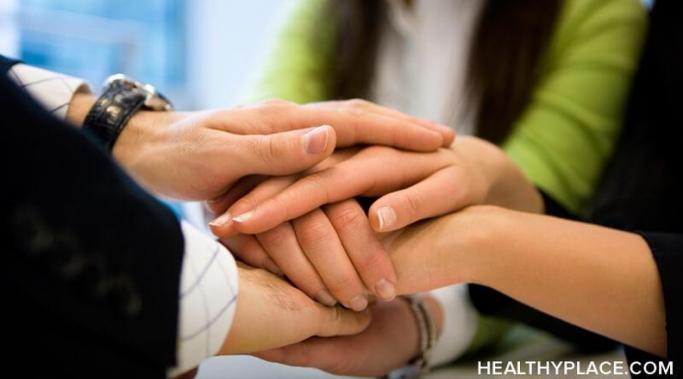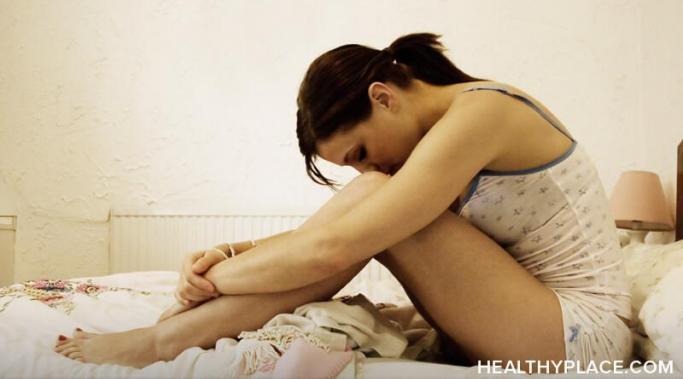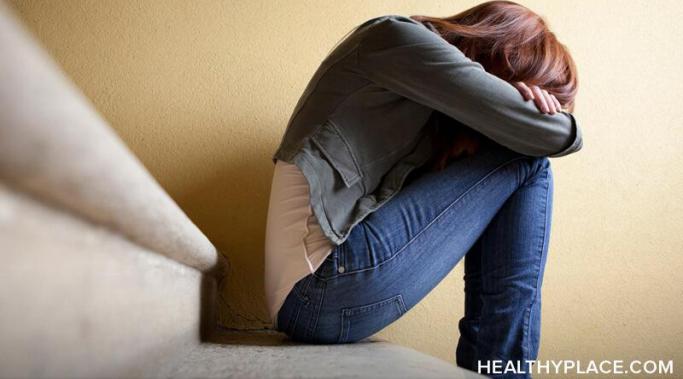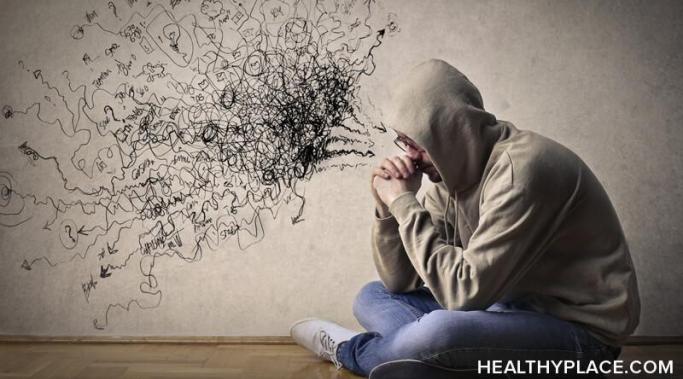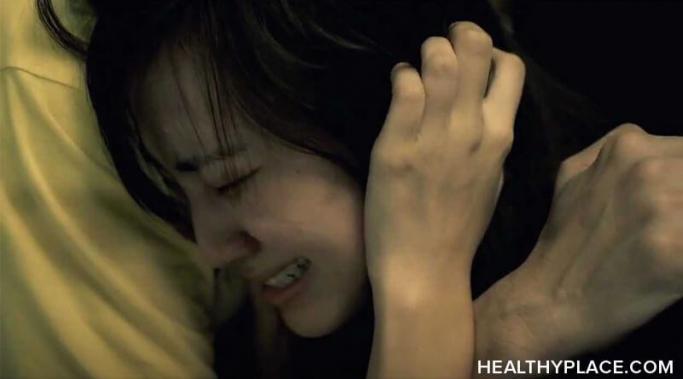Did you know there are warning signs of a setback in mental illness recovery? This is important to know because recovering from mental illness is not linear. I've heard that often and for a good reason. It's true; recovery is far from linear. I've faced many obstacles, bumps, and slow-downs in my own journey, and often, I didn't realize that I had begun slipping until I was already in a tough spot. It's easier to catch myself slipping and then change directions than to find myself in these slumps, so I've found it helpful to identify my own warning signs of a setback in mental health recovery.
Mental Illness Relapse
Have you ever had a moment that makes you question every bit of recovery you’ve achieved to that point? I have—recently, I questioned my skin picking recovery.
No matter how much coffee I drink, I am exhausted all the time, and it's because of my mental illness. Recovery is hard, but sometimes it's not even about recovery, it's just about getting through the day, and that's where I'm at right now. I have to fight to do anything; even getting dressed in the morning is a battle. As I sit typing this, my hands feel heavy, and with every breath, I want to quit and go back to bed.
I know it might sound odd, but sometimes I miss being sick. I've gotten so much better over the past few months, and there is a small part of me that misses being sick, and I'm willing to bet I'm not the only one who's ever felt this way. So, let's talk about it.
Recovering from depression is tricky because depression is a chronic illness that can't be fully cured, so sometimes it's hard to tell whether you're getting better or not. There are countless articles detailing the signs that you have depression, but I wanted to create an article explaining the signs that you're recovering from depression. This is what recovery has looked like for me so far.
This month, I've had some serious challenges with my mental health, but I've responded to these challenges in much healthier ways than I have in the past, which means I am celebrating small recovery wins. Even if these things might not seem worth celebrating to others, I know that for me, they are a big deal, and I'm going to treat them that way.
A few nights ago, I used a crisis text line for the first time. I had no idea what to expect; I just knew I was in too dark of a place to really manage it on my own anymore. So I reached out, and I'm really glad I did. (Note: This post has a trigger warning.)
Healing from mental illness isn't linear. Most of us have had to recover from a mental illness relapse at one point or another. Triggers show up whether we invite them in or not: medications stop working, we lose loved ones, a pandemic hits. We aren't guaranteed unending remission. There's no one-size-fits-all path back to sanity, but there are ways to make healing from a mental illness relapse a little easier.
Recovery from mental illness is a long, complicated path, and even though the whole point of recovery is to help us grow, it still comes with limitations, setbacks, and collateral damage. Sometimes, in the midst of all the negatives, I lose sight of the positives, lose sight of hope. And I can't help but wonder, what if I never recover from mental illness?
I've been in recovery from mental illness for several years now because recovery is a slow, and often lifelong, process. There are many aspects of recovery that I have a pretty good handle on at this point, like opening up in therapy and sharing my experiences with others to make all of us feel a little less alone, but one part that still throws me for a loop every time is the "random" breakdowns in mental health recovery.
